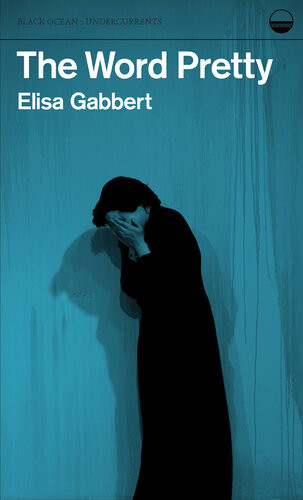

Most ebook files are in PDF format, so you can easily read them using various software such as Foxit Reader or directly on the Google Chrome browser.
Some ebook files are released by publishers in other formats such as .awz, .mobi, .epub, .fb2, etc. You may need to install specific software to read these formats on mobile/PC, such as Calibre.
Please read the tutorial at this link: https://ebookbell.com/faq
We offer FREE conversion to the popular formats you request; however, this may take some time. Therefore, right after payment, please email us, and we will try to provide the service as quickly as possible.
For some exceptional file formats or broken links (if any), please refrain from opening any disputes. Instead, email us first, and we will try to assist within a maximum of 6 hours.
EbookBell Team

0.0
0 reviews~~~~~~~~
“‘The Word Pretty’ by Elisa Gabbert blends depth and diversion while it explores life as both a purposeful and a serendipitous reader.”
— NYT Book Review
“Gabbert’s book acquires density and heft through its strategy of accumulation, creating a rich work of literary reflection”
— LA Review of Books
“‘The Word Pretty’ is so smart it hurts”
— Chicago Review of Books
“Gabbert is a critic and literary essayist for our post-everything times. She writes with focused yet relaxed intimacy about all aspects of the ‘writing trade,’ and her eye for detail and nuance is evident from the first page. This is one of those books where you tell yourself you will take a break soon, but then don’t.”
— Sven Birkerts (Changing the Subject: Art and Attention in the Internet Age)
“I feel lucky to be alive and writing at the same time as Elisa Gabbert. Her prose is as tough and lucid as Sontag, but her concerns are lonely pleasures—taking notes, crying, dreaming, and lots of reading—familiar mysteries, and our quiet, hidden human interiors. Her criticism is utterly precise, but she explodes minutiae into a universe, showing the execution of punctuation and paragraphs for what they are: movements of the human mind. She writes about language and cognition so intimately that at times I got the impression that she was showing me my own brain.”
— Alice Bolin (Dead Girls: Essays on Surviving an American Obsessi